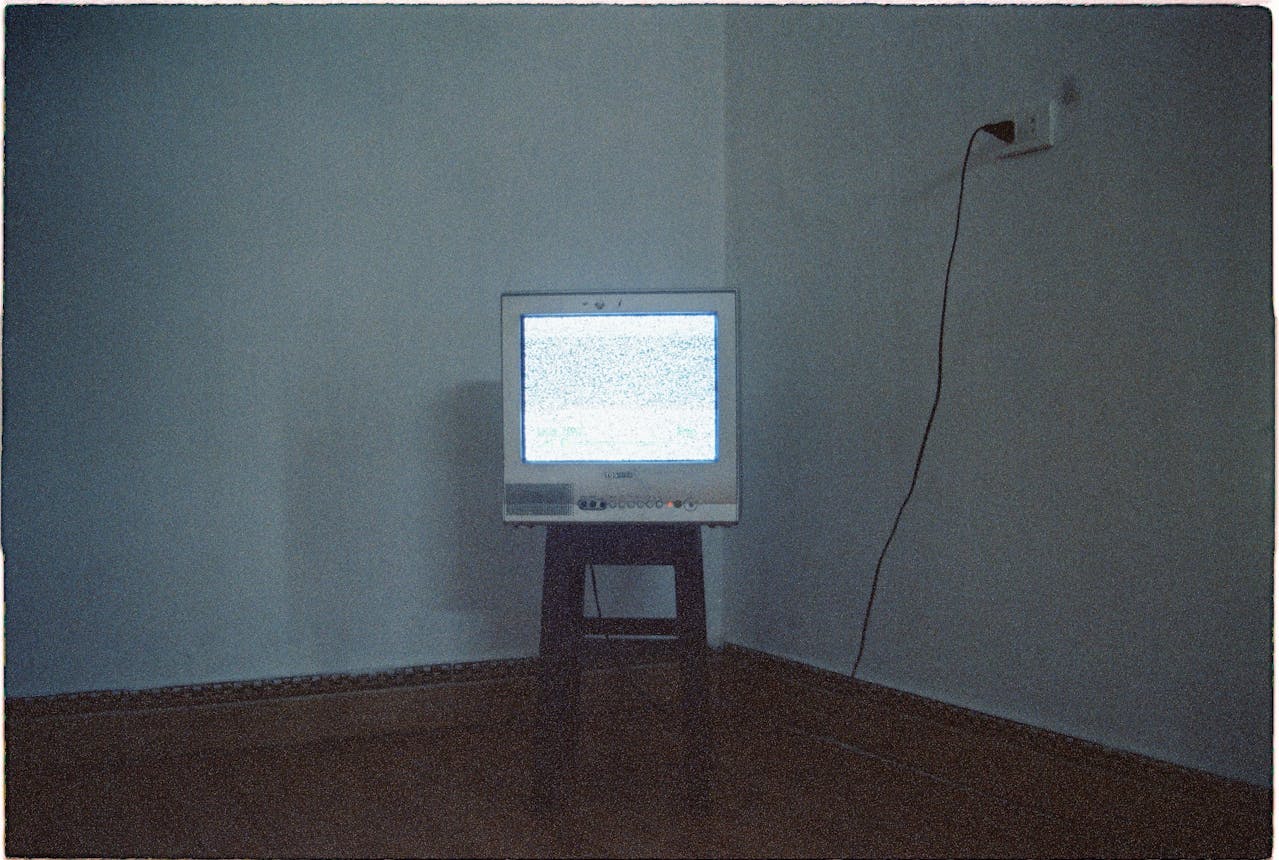• 01 Feb 2024
Noise
Bias
Error
Daniel Kahneman
What is noise and how does it affect us in organizations?
Notes of: Noise: A failure in human judgment by Daniel Kahneman

We are generally quite distracted; all humans, without exception, have moments when our mind wanders. Whether it is a problem we have, a great new idea we have, how we are going to get what we want, or the fantasy of what we want most at that particular moment in our lives. The mind wanders, and when we wander we make mistakes. At the end of the day, that wandering causes us to make bad decisions or to do things, like our work, poorly, mediocrely, or whatever you want to put it. Obviously, some are more prone to this than others, and some will have mastered the art of concentration so as not to make mistakes.
When we measure dispersion in decision making in an organization, it is expected. More often than not, people do things in different ways, for better or worse (since dispersion and variability can sometimes be desirable and useful, as in creative processes; we want varied ideas). But in some cases, this variability will become problems. Commonly, what most people know as dispersion in data is that there is a bias between the average of decisions and what we could call correct. However, there is also another phenomenon, studied and tested for decades, that is not referred to as often, known as noise. Noise is rather, rather than dispersion, when the data show to be too dispersed, where there is no recognizable pattern or systematic bias to one side (for example, we can have the idea that the adequate value of a stock is greater than the fair one and we all think the same, bias, but it is different if the expected value of a stock is 50% more or less than the average estimated mean; this is noise).
Noise is connected to human judgments and how our emotional system and other factors (sometimes non-rational, such as holidays, parties, defeats of the favorite team) can play against decision making. These decisions start to play against organizations, since they stop being a data-based process to become a subjective process for each individual, which in negative cases can impact income and investment returns or unfair proceedings against innocent people or people outside the process (the criminal system is an example in which the penalties applied to exactly the same cases can vary greatly depending on the judge assigned).
Worse still, noise is a phenomenon that, as stated above, has been around for quite some time. It has been known about, yet little has been done to address it (just because it is complex does not mean it cannot be addressed). In many cases, we see that in the real world people prefer to create a sense of consensus when a world in which we speak up to say what we think is wrong would help to reduce the noise. In the case of judges, for example, in the United States, guidelines were issued for a time that outlined limits on the variability of sentences, which were later overturned by the Supreme Court. However, during their time in effect, they served to fix and reduce the noise, and once they were repealed, the noise phenomenon was much worse than before.
Now, just because noise exists doesn’t mean it’s bad. Noise is probably the source of the high artistic, musical and cinematic creativity that we have. It’s the ability of each person to think differently that makes certain industries fruitful and that we have so many forms of entertainment. But this doesn’t apply when we go to a system like, for example, the medical one, where we don’t want two doctors to give a completely different assessment to the same patient. As humans, we have a belief that the world is as we see it, that things are as we ourselves perceive them, and this translates into our ignorance in not questioning whether we are making wrong decisions based on our perception. As we mature, grow and do something with greater intensity, as in the case of a doctor, it becomes easier to believe that our perception is reality when there may be less common cases where what we believe is totally wrong. Confidence nurtures subjective experience and gives us an opinion that is established within the barriers of our own perception.
